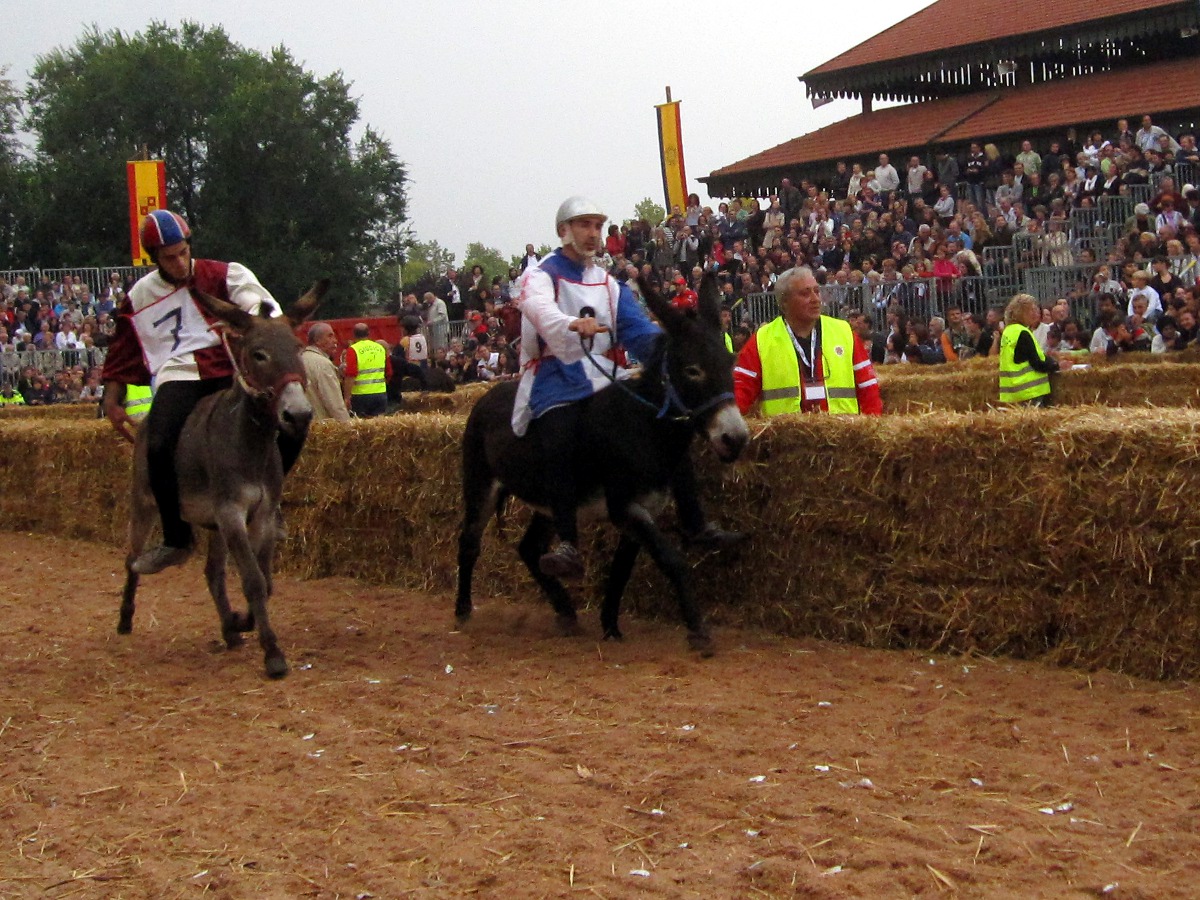Tomorrow marks the opening of one of the sustainable food world’s most prestigious events, Terra Madre (or “mother earth”). This is a biennial conference sponsored by Slow Food since 2004, a meeting of farmers, chefs, producers, researchers, students, and other people who want to revolutionize the way we feed ourselves. Over the next five days, 8.000 people from 150 nations will gather in my backyard (Turin) to share ideas, make new friends and revel in the solidarity that we may be few but strong.
Simultaneously, Salone del Gusto will be happening next door to Terra Madre. This is a food fair for artisanal producers to demonstrate and market their wares. About two-thirds of exhibitors hail from Italy, and the remainder will be coming from all over the rest of the world. There are also chef demonstrations, lectures and tasting workshops on everything from Sámi cuisine (think Nordic wild berries, reindeer and elk), to the Vermouths of Catalonia.
For my part, I have volunteered as part of the University of Gastronomic Sciences audio/visual troupe. Our scrappy crew of nine students will divide into teams of three, and float between the buildings to document university-run and youth movement events, interview students and capture the zeitgeist of the conference. The hours will be long (on Saturday, it looks like I’ll be on the job from 9 am to 9 pm), but the rewards will be substantial. Besides, I have always wanted to learn about filmmaking, so here is my relatively low-stress chance to get acquainted with neutral density filters and techniques of cinematography. Did I mention that the a/v troupe meetings have been almost entirely in Italian? Vocabulary that I never thought I would need to know in Italian: frames per second, diaphragm aperture. Did you know that in the US video is generally recorded at 30 fps, while in Europe video is captured at 25 fps? Me neither. We plan to cut, edit and post clips at the end of each day, so maybe some of my footage will make it online in the next few days.
I am also co-hosting a tasting workshop at Salone del Gusto with UNISG President Carlo Catani. The workshop is titled “New Orleans in a Cocktail,” and our guest will be Chris McMillan, one of the founders of the Museum of the American Cocktail, and bartender at Uncommon Bar in the Renaissance Père Marquette hotel in New Orleans.
Anyway, the following is a video from the 2008 conference (not created by UNISG students) that gives you a taste of the global circus that is about to descend upon Torino:
[vimeo vimeo.com/4417753]








